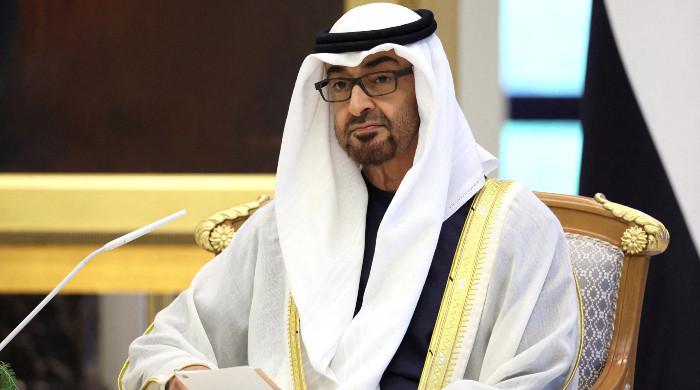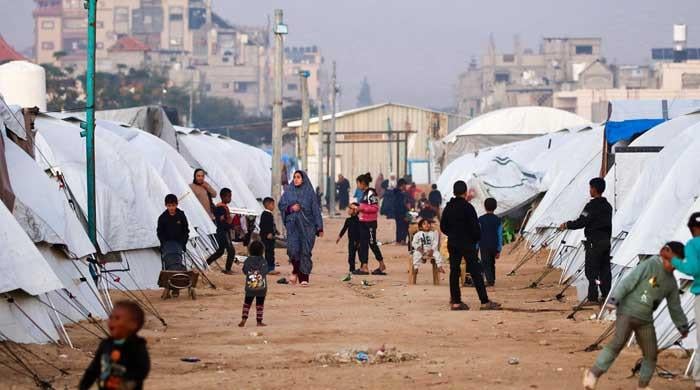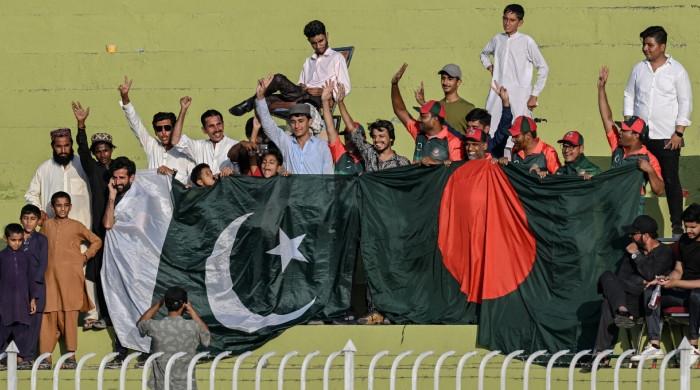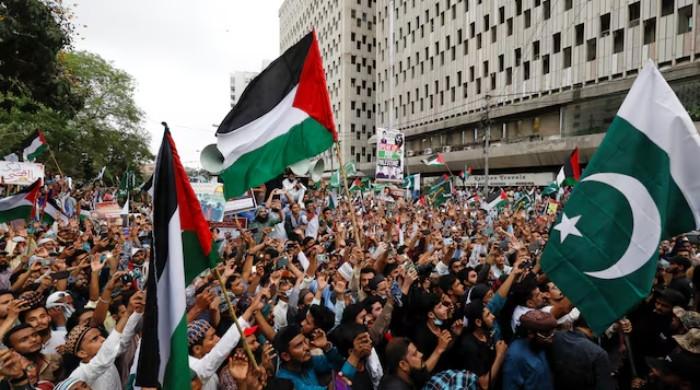The emerging political trends in Pakistan
Whatever political gains Sharif received post his disqualification, he lost after Faizabad.
November 28, 2017
Election season is almost upon us. And as expected the political landscape is shifting, in a way that is likely to hurt the ruling Pakistan Muslim League- Nawaz (PML-N) in Punjab and the Muttahida Qaumi Movement- Pakistan (MQM-P) in urban Sindh.
Separately, the religious parties are also trying to revive their politics. For now, two established religious groups, the Jamaat-e-Islami (JI) and the Jamiat Ulema-e-Islam (JUI) have agreed on the revival of the Muttahida Majlis-e-Amal (MMA). A formal announcement of this is due in the first week of December after a meeting in Karachi. While the Defense Pakistan Council (DPC) led by JUI (S)’s Maulana Sami ul Haq will be sitting down with the newly-formed Milli Muslim League (MML) this week to decide on the possibility of an alliance with Imran Khan’s Pakistan Tehreek-e-Insaf (PTI).
The MMA, a group of religious parties, swept the polls in 2002 in the Khyber Pakhtunkhwa province. Back then it was a juggernaut force whose impact was also felt in Sindh. But this time, as talks to revivify it began it received its first set back as Haq decided to side with the PTI instead.
On the other hand, the JI has yet to formally break off ties with the PTI, while the JUI-F has not quit the PML-N either. Sources, however, say that both are under pressure to leave their former partners for the MMA. JI, they say, is already convinced. Maulana Fazlur Rehman needs a little more time. And even if the PTI and DPC do join hands it would not be easy for Imran Khan as the MML is still facing trouble getting itself registered due to its affiliation with Jamaat-ud-Dawa.
The two alliances, MMA and DPC, have so far not extended any invitations to the Tehreek-e-Labbaik, which held a 25-day sit-in in Islamabad.
The rise of Labbaik reminds us of the beginnings of Jamiat Ulema-e-Pakistan (JUP) in the 1970s, when they had powerful leaders like Maulana Shah Ahmad Noorani and Maulana Abdus Sattar Niazi. The JUP remained a large political force despite its failure to get electoral support. However, it lost its impact after divisions within the JUP and as a result of the fallout of Afghan war in Pakistan.
Recently, Amir Hafiz Naeem, JI’s Karachi ameer, admitted that Tehreek-e-Labbaik’s narrative is strong and is successfully attracting the religious “vote bank”. “I can feel its impact in Karachi as well,” he said.
This could considerably damage the vote bank of the PML-N in Punjab and the MQM-P in Karachi. Nawaz Sharif’s party is already reeling from a bad week, after they were forced to accept the demands of Labbaik protesters who refused to leave the capital. The federal law minister also had to tender his resignation. And these developments come at a time when Sharif was hoping to re-launch his political campaign before next elections.
Whatever political gains Sharif received post his disqualification, he lost after the Faizabad events. Now, at this time, if the MML manages to get registered it will also come with full force after the PML-N using the Kashmir card.
Unfortunately, by delaying negotiations with Labbaik, the PML (N) government missed an opportunity. In the past, when the late Zulfiqar Ali Bhutto first refused the opposition’s demands for fresh elections. There was massive unrest in the country. Bhutto finally had to concede to the same demands he has previously refused.
Labbaik has rightly termed this accord with the government a victory.
In the coming days, it would be interesting to watch how Labbaik organizes itself and its campaigns. It has already announced to contest polls all over Pakistan. They are likely to put up a strong showing. Earlier this year, the party polled 7,000 votes in NA-120, a PML-N stronghold. Labbaik’s leader Maulana Khadim Hussain Rizvi can also attract voters in Karachi and Hyderabad, especially in areas once considered the winning seats for the Barelvi Jamiat Ulema-e-Pakistan.
With parties like the PPP and the ANP already down and confined to Sindh and KP, the fall of the MQM and the PML-N would leave the ground wide open for right-wing parties.
- Abbas is the senior columnist and analyst of GEO, The News and Jang. He tweets @MazharAbbasGEO
Originally published in The News









